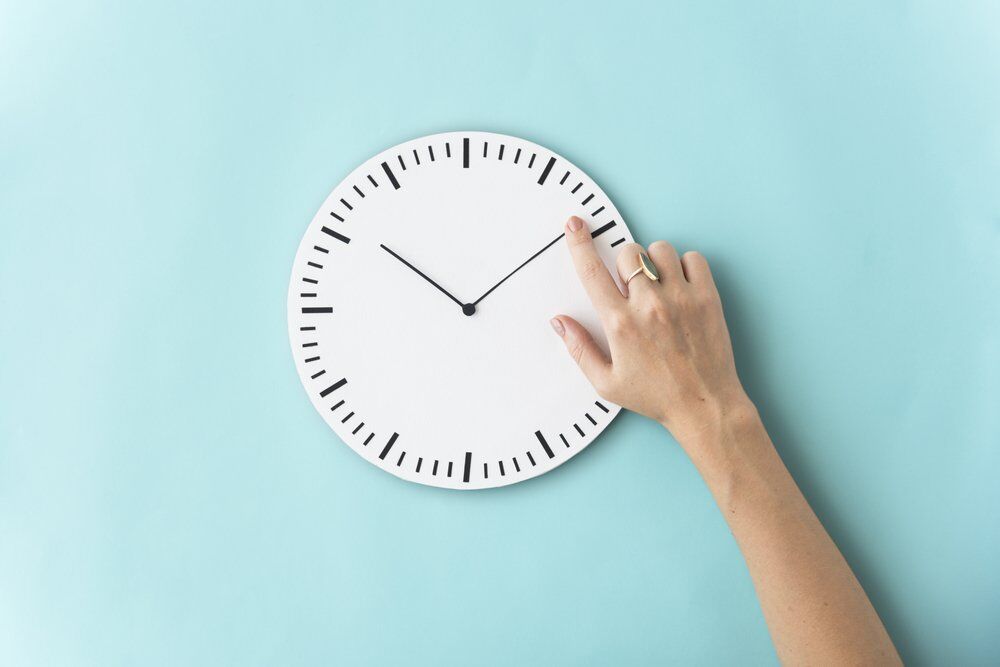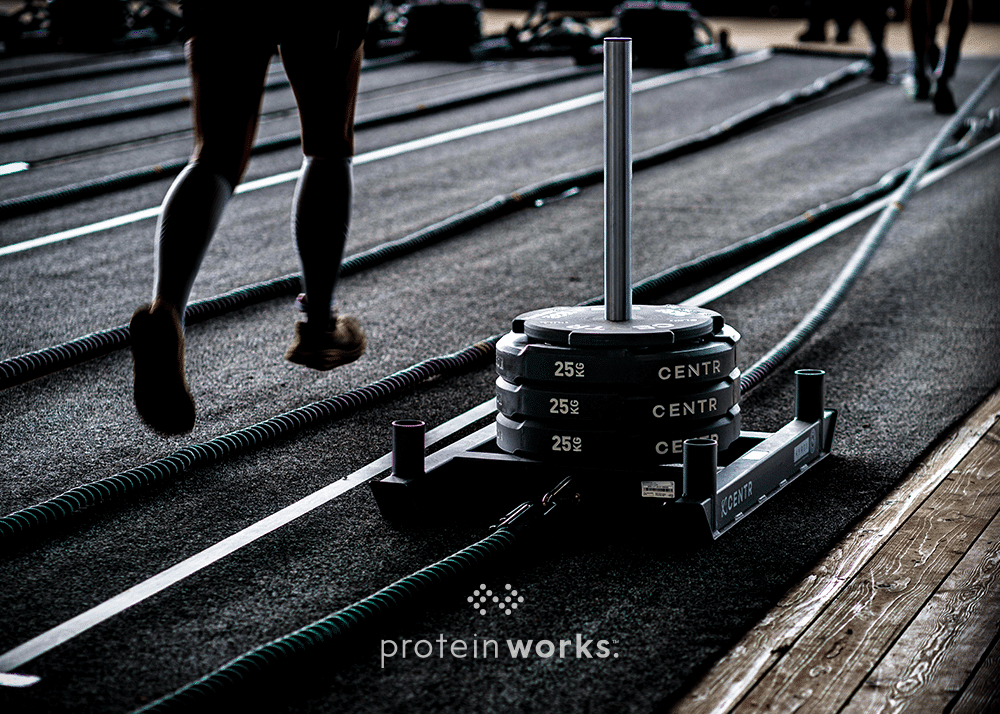
The Best Time Of Day To Workout
When it comes to getting the most out of each and every workout, there is always going to be debate on what is optimal when it comes to obtaining the best results.
Whether it’s disputing if conventional deadlift is superior to sumo deadlifts; what the optimal pre workout meal is, or debating over the ideal gym soundtrack, to get you in the right mind set to smash through a workout.
Another area that is always up for discussion is the optimal time to train at, to get the most out of your session and maximise your results, regardless if you’re doing cardio, weights or a mixture of both.
Will morning workouts having you dawning a more defined body or are evening sessions better suited to achieving your fitness goals?
Below, we go through the advantages of both morning and evening workouts, to discover if it pays to be an early bird or a night owl, when it comes to working out and getting results.
Benefits of Morning Workouts
- Morning workouts usually mean you’re less likely to be distracted from emails, messages, phone calls or social media. So, you can get in the gym and focus solely on the job at hand.
- Starting your morning with exercise helps set a positive tone for the rest of the day. When you push through a hard A.M session, everything else throughout your day will seem easy in comparison.
- Exercise has been shown to combat feelings of fatigue and low energy. So, getting your session in early, can help boost your energy levels for the rest of the day to come. (1)
- You won’t suffer from “decision fatigue” that can occur after a long day, which makes choosing to go for strenuous gym session a whole lot less appealing (or likely).
- Morning workouts have been shown to help increase overall physical activity levels for the rest of the day, helping burn extra calories, through the increase in NEAT activity. (2)
Benefits of Evening Workouts
- There are less time constraints. When all your tasks are complete and behind you for the day, you can take the time needed to go through your whole workout without rushing to beat the clock.
- Oxygen uptake and anaerobic capacity have been shown to be greater in the evenings compared to the morning, allowing you to push harder for longer and lift heavier. (3)
- Exercising in the evening can be a great way to relive stress and vent your frustrations, that have accumulated throughout the day, helping to improve mental health. (4)
- Both high intensity (HIIT) and steady state (LISS) cardio sessions have been shown to have potential benefits to your sleep quality when performed in the evening and can help induce positive changes in your sleep behaviour. (5)
- Exercise has been shown to have a positive effect on suppressing appetite, meaning an evening session can help curb those evening cravings and reduce late night snacking (6)
Which is Best? Only Time Will Tell
As you can see, there are numerous benefits to training in the morning and the evening, , so there’s not much to choose between them. With that being the case, how do we know which one to give preference to?
Well, quite simply, the best time of day to workout, is the time that you can be most consistent with (and get most enjoyment from) over a long period of time, meaning that exercise is more likely to become an ingrained habit and a part of your lifestyle.
And If you don’t have a preference? Then its best to just continue training at the same time that you currently do.
Research from the Journal of strength and conditioning has shown that positive adaptations to training are greater when you train at the time of day, that your body is used to. (7)
Meaning, If you regularly train in the mornings, then you will achieve the best results from continuing with morning training session.
Whereas, if you regularly train in the evenings, then you will get greater results from continuing to train during the evening.
With that said, if you do have to swap around your workout schedule from time to time, just remember that our bodies are amazing at adapting.
So, no matter if you decide to get a work up a sweat as the sun is rising, or wait until dusk to grab a set of dumbbells, your body will be able can obtain results either way, as long as you put in the work.
References
- Puetz TW. Physical activity and feelings of energy and fatigue: epidemiological evidence. Sports Med. 2006;36(9)
- Hanlon B, Larson MJ, Bailey BW, LeCheminant JD. Neural response to pictures of food after exercise in normal-weight and obese women. Med Sci Sports Exerc. 2012;44(10)
- Hill DW. Morning–evening differences in response to exhaustive severe-intensity exercise, Applied Physiology, Nutrition, and Metabolism, 2014, 39:248-254
- Exercise and stress: Get moving to manage stress (online) Available at: www.mayoclinic.org/healthy-lifestyle/stress-management/in-depth/exercise-and-stress/art-20044469 (Accessed 22/07/2020)
- Thomas C, Jones H, Whitworth-Turner C, Louis J. High-intensity exercise in the evening does not disrupt sleep in endurance runners. Eur J Appl Physiol. 2020;120(2)
- Vatansever-Ozen S, Tiryaki-Sonmez G, Bugdayci G, Ozen G. The effects of exercise on food intake and hunger: relationship with acylated ghrelin and leptin. J Sports Sci Med. 2011;10(2)
- Chtourou H, Souissi N. The effect of training at a specific time of day: a review. J Strength Cond Res. 2012;26(7)



No Comments yet!